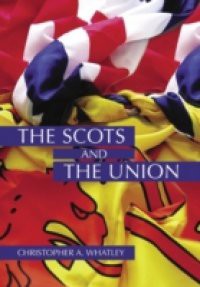This book traces the background to the Treaty of Union of 1707, explains why it happened and assesses its impact on Scottish society, including the bitter struggle with the Jacobites for acceptance of the union in the two decades that followed its inauguration. The book offers a radical new interpretation of the causes of union. The idea that the Scots were 'bought and sold for English gold' is largely rejected. Instead, emphasis is placed upon the international, dynastic and religious contexts in which the union was negotiated. The aggressive France of Louis XIV, the imagined threat posed by the church of Rome, and the real one represented by the Stuart pretender, loomed large in the consciousnesses of Scots who sought union. The principles of the Glorious Revolution, and the persistence from that time on of key political figures in Scotland in their determination to secure a treaty with England were crucial. Unionists too concerned themselves with Scotland's ailing economy, and aspired to the kind of civic society that Holland had become and that they saw in London. They were as patriotic as many of their opponents and believed that union offered the Scots what they were unable to obtain as a small independent state, with the country's interests defended with what John Clerk called Scotland's 'phantom' Parliament. The complex and shifting opinions of the Scottish people outside Parliament are also examined, as well as the effect this had on proceedings within. Key featuresNew controversial interpretation - challenges currently dominant view that the Scots were 'bought and sold for English gold', and bullied into union with England. Wide-ranging; topic coverage comprehensive - looks more widely at Scottish society and its economy, culture etc. than the competitionTimely/topical: contemporary interest in this event in Scottish/British history, especially 2007

